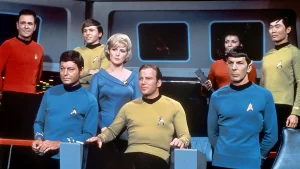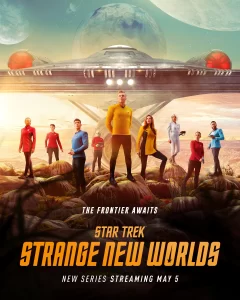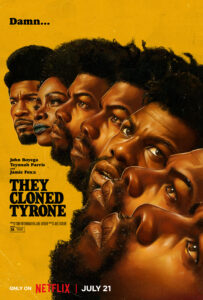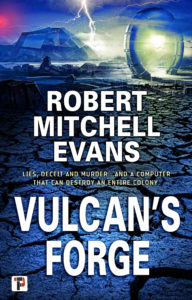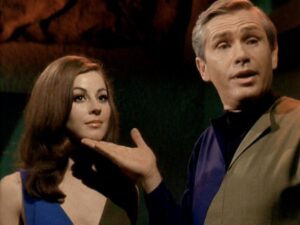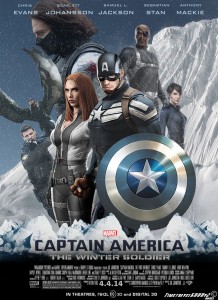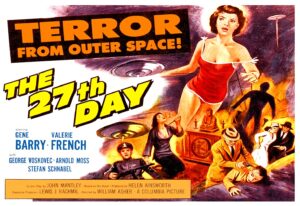.
September 8th, 1966, Star Trek aired its first episode Mantrap, and the world has never been the same.
I was born in 1961 and as I mentioned in my post My Tangled History with Star Trek this series has always been a part of my life, re-runs of the original cast in the 70s and 80s, the one season of Star Trek: The Animate Series, and to limited amounts the various takes on the Universe and its characters since the show’s inception.
Beyond fandom Star Trek has left its imprint on the world and its events. In 2020 when a deadly pandemic swept the globe and the United States launched as massive drive to find a vaccine, and find it fast, the effort was named Operation: Warp Speed and no one had to have that moniker explained to them. Therapists speak of the need for people to ‘lower their shields’ and they are not referring to metaphorical iron and steel but force-walls of defensiveness. Perhaps the cultural impact that will live the longest beyond this beloved series is the concept that your evil twin sports a Spock style goatee.
Star Trek can be brilliant, such as combining the themes of Moby Dick and the madness of Mutually Assure Destruction in the unforgettable episode The Doomsday Machine. It could be profoundly silly with comedic episodes such as The Trouble with Tribbles, question the nature of identity with episodes like What are Little Girls Made Of, or The Serene Squall (Star Trek: Strange New Worlds), proving the versatility of the premise and science-fiction in general.
Of the show could be stupid too, taking swing that should never been attempted, Spock’s Brain, Turnabout Intruder, or Patterns of Force where I contend Spock uttered his most idiotic line in any film or episode when he named Nazi Germany as a model of efficient government. (Hell, man, The Fascists of Italy ruled longer than the ones of Germany. I have always envisioned someone off camera forcing Leonard Nimoy to speak such drivel.)
Star Trek has seen many series, movies, and even timelines. Fans can argue endlessly and to great amusement and entertainment which series or captain was best, which episodes were best or worst, which run had the best writing, which timeline which show is in, but what cannot be argued and must simply be accepted is that Star Trek made reality its own ‘strange new world.’
